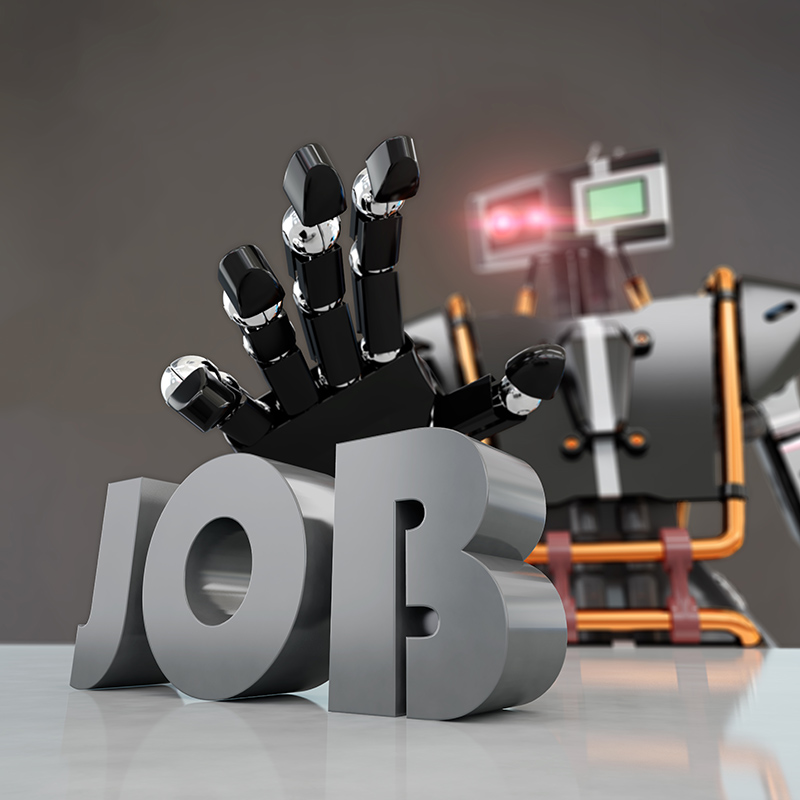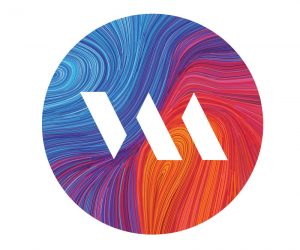Although you may already be on the path to an educational goal and career, it is good to think about things from another perspective. Many students, despite starting university, still do not know exactly what path they want to take and what their career choice will be.
The role of AI in the job sector is something to consider when planning that career. Many people fear that the automation of jobs and inclusion of AI may be eliminating more jobs that it is creating. As stated by technology media, IoT For All, “A two-year study from McKinsey Global Institute suggests that by 2030, intelligent agents and robots could eliminate as much as 30 percent of the world’s human labor”.
McKinsey Global Institute also found that “automation will displace between 400 and 800 million jobs by 2030, requiring as many as 375 million people to switch job categories entirely” (TechRepbulic, online). The fear of what impact artificial intelligence could have on our workforce is growing. The speed at which technology is increasing can mean the speed at which jobs are being destroyed is also increasing.
Some people wonder what jobs will be left if AI takes over jobs such as driving, translating speech, food manufacturing, or others that humans once considered their domain. This is a good question. New technology has helped millions around the world be more efficient and has sped up development, but when is it enough?
The number of transistors that can be packed into a computer chip has jumped from 2,300 to more than four billion in a 40-year span. (TechRepublic, online). We now have robots with humanoid bodies and animal bodies that resemble them and can behave in predictable ways. Of course, there may still be a few bugs left, but if you do a search on robots you will find the progress and the life-like ability of those robots is amazing. However, robots that have been used so far are limited to their own specific tasks, while AI can be applied to a variety of industries and tasks. This worries some while exciting others.
These fears have been around for many, many years. In the past, these fears have been wrong because although technology removed some specific jobs, other jobs were created. Many believe the automation of mundane repetitive jobs was helpful in opening more creative and meaningful jobs. Plus, there are some jobs that only humans have been able to do. Whatever you believe, it is good to be educated about, and be prepared for, the future. In the past, workers were re-skilled and moved on to other jobs, but now, the fear is that we are running out of jobs to replace them with.
What jobs will be needed in the future of artificial intelligence? Most low-level and high-level jobs are less vulnerable to loss for now. Jobs such as childcare services, custodial services, and other types of physical labor jobs. While these types of jobs will probably be replaced by robots in the future, it is slow coming. If you are in university you are probably thinking about higher-skilled jobs, so you are already out to a good start. If you know someone who is not, you can help them think about long-term and aim for high-skilled jobs such as technicians, nurses, doctors, managers, executives, writers, software developers, and anything related to the repair or maintenance of robotics. Those are just some examples given by Hubspot of jobs the least likely to be replaced any time soon. However, there already are robots performing surgeries, so that could change in 50 years. In the end, if your concerned about the next 30 years or so or are a student trying to think what career path they would like to go in, consider that high-skilled jobs will be required and the more creative or hard to replace, the better. There is no need to panic, in part because it won’t help. But what we can do is prepare ourselves for the future with education, training, and skills.



